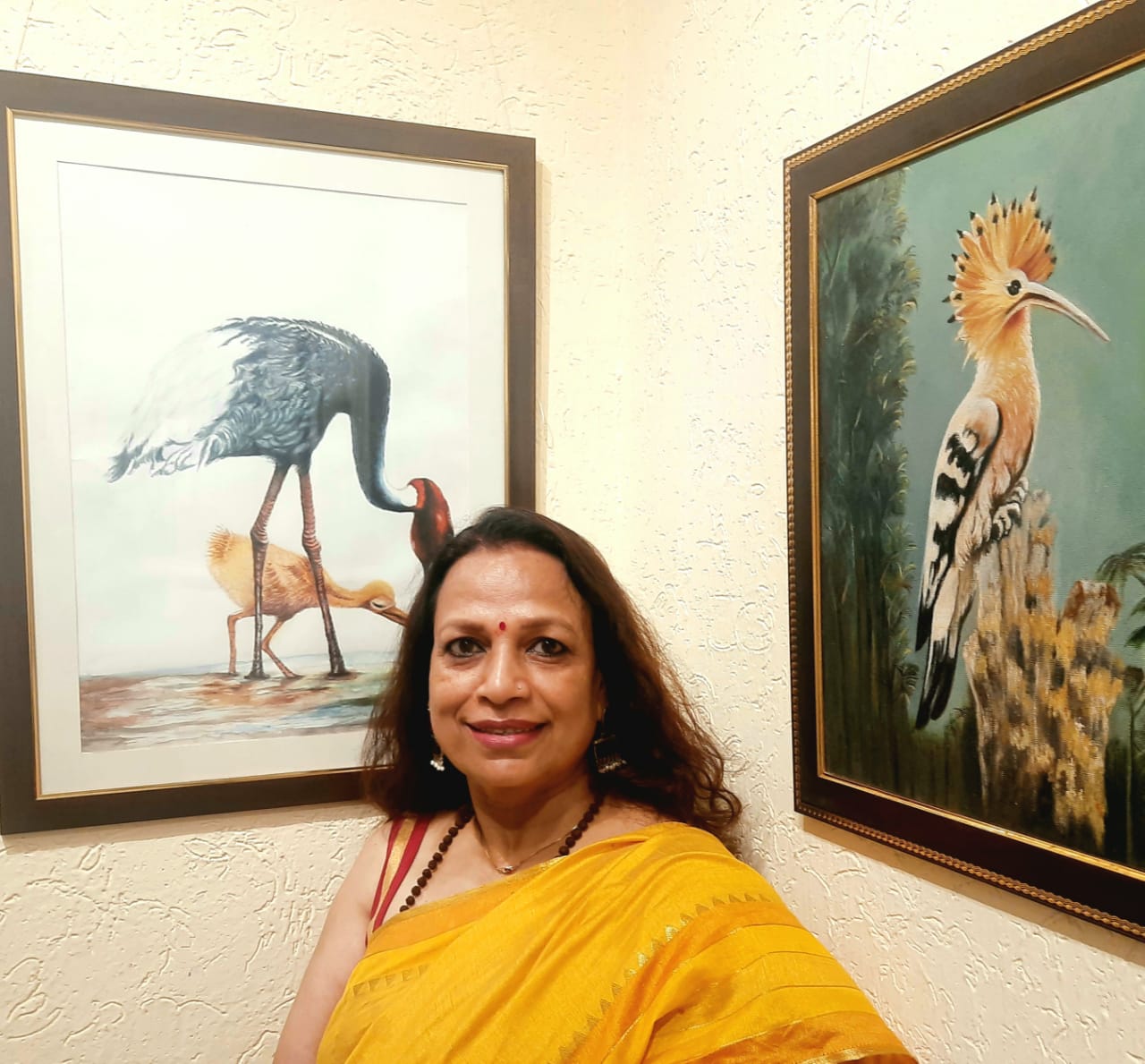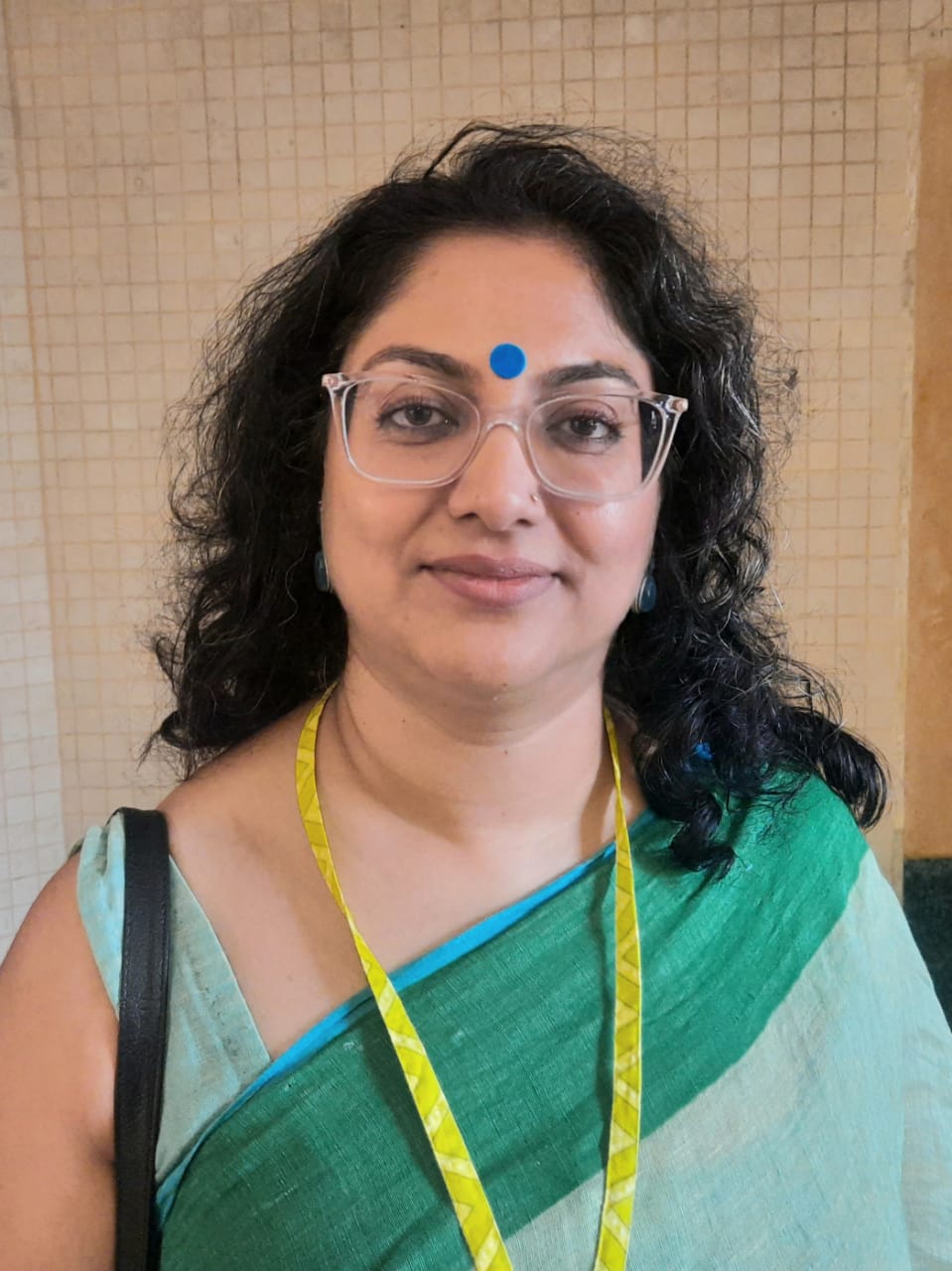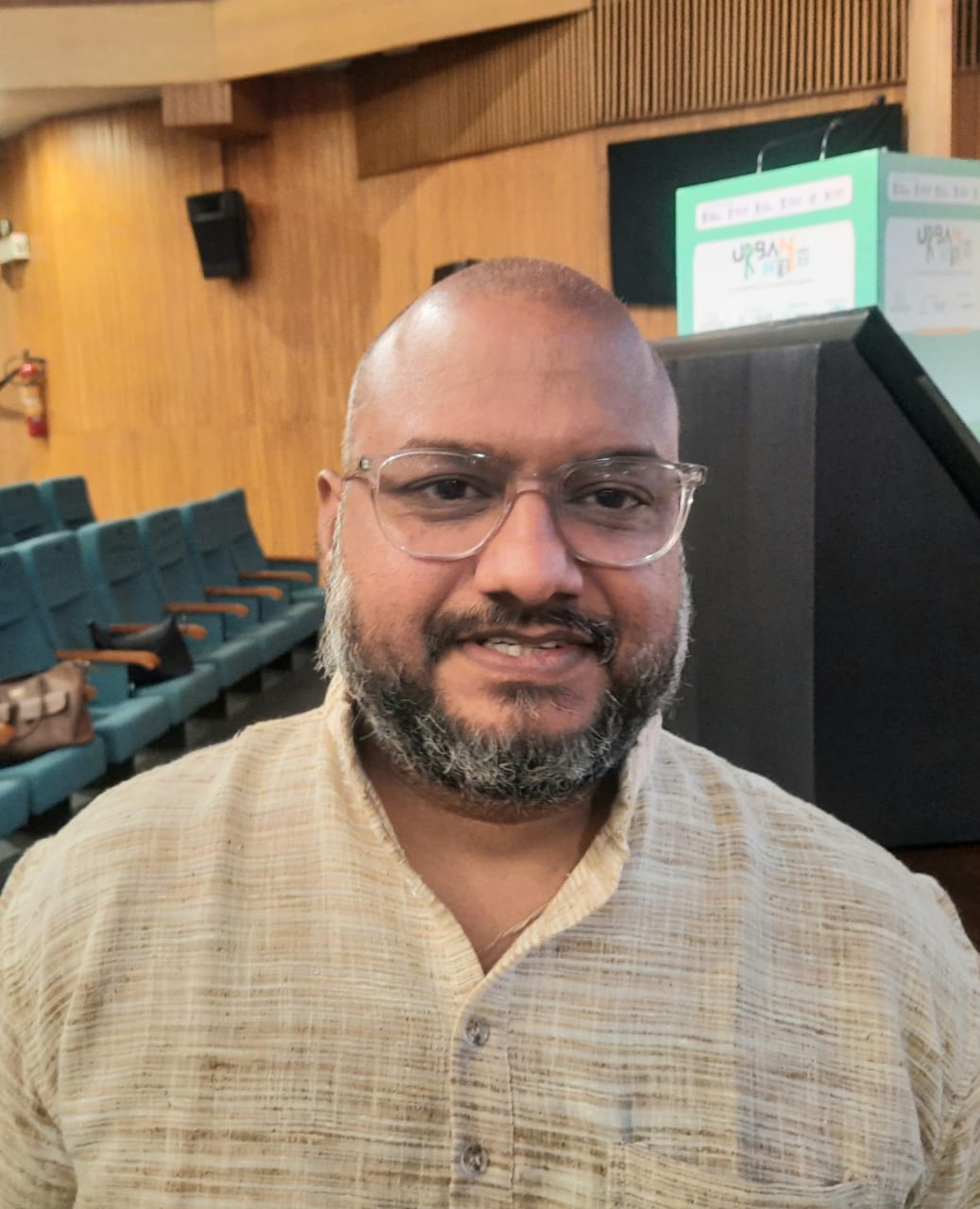SAM Workshops, launched by Divya Jyoti Jagrati Sansthan (DJJS) in 2008, empowers students by addressing their academic, emotional, and physical well-being. Through targeted initiatives, the program equips youth with practical tools to overcome stress and lead balanced lives. Its workshops focus on managing exam anxiety, fostering resilience, and promoting holistic health. Certified yoga trainers guide students through asanas and mindfulness techniques, reinforcing the connection between mind and body. By integrating these practices, SAM Workshops ensures students develop the mental clarity and emotional strength needed to thrive.
In an exclusive conversation with The Interview World, Sadhvi Dr. Shivani Bharti, Head of SAM Workshops at DJJS, delves into the program’s transformative impact. She highlights its core initiatives, shares insights into the empowerment of youth, and explains how participants gain invaluable life skills. She also emphasizes the organization’s holistic approach to eradicating stress, making a compelling case for redefining student well-being. Here are the key takeaways from her illuminating discussion.
Q: Can you shed light on the key initiatives of Divya Jyoti Jagrati Sansthan and their impact on social transformation?
A: Divya Jyoti Jagrati Sansthan (DJJS) is a renowned NGO, founded and led by His Holiness Ashutosh Maharaj Ji. Under its banner, numerous initiatives drive social transformation, each addressing a critical societal need. I oversee the Youth Empowerment Drive of SAM Workshops, a dynamic initiative designed for the youth, by the youth, and with the youth. Powered entirely by volunteers, SAM Workshops thrives on the dedication of 30,000 committed individuals across India, working relentlessly to uplift and empower the next generation.
Q: How is your organization empowering young people through cultural initiatives?
A: We don’t just lecture or host seminars to engage with today’s youth—that approach no longer resonates. Instead, we connect with them through culture, meeting them where they are and speaking their language. Understanding their psychology is key. What excites them? What do they reject? What shapes their tastes? By tapping into these elements, we draw them in.
Music plays a powerful role in this connection. We compose our own songs, write original lyrics, and present them in a way that captivates. Our goal is simple: to create a sense of belonging, showing them that we share the same roots and experiences. To bring this vision to life, we have Eternal Bliss, our in-house rock fusion band, and Eternal Splendour, a dedicated ballet team. Through these platforms, we stage compelling performances and theatrical productions on legendary figures like Chhatrapati Shivaji Maharaj, Bhagat Singh, Rajguru, Sukhdev, Mahatma Gandhi, Mangal Pandey, Sri Aurobindo, and Swami Vivekananda.
This isn’t just about entertainment—it’s about identity. We reconnect young minds with their heritage, grounding them in India’s spiritual and historical legacy at a time when countless narratives compete for their attention. While we are not a cultural organization, cultural expression is how we engage. Our outreach spans colleges, schools, and multinational corporations, bringing together engineers, doctors, lawyers, and professionals from all fields. Regardless of their background, we create meaningful connections that inspire and empower.
Q: What key experiences and skills do young people gain from your initiatives?
A: You can ask them directly. I say this because, as a preacher, I naturally speak about my organization and myself. However, you have interacted with people from diverse backgrounds. One such individual is a volunteer at SAM Workshops. You can ask her about her transformation—how she experienced a complete 360-degree shift in her life.
This change is not just physical; it is deeply spiritual and mental. When your mind, spirit, and body align, life flows in harmony. With that alignment, you gain strength—mentally, spiritually, and physically. This synergy propels you forward, allowing you to take a transformative leap.
As Sri Aurobindo envisioned, we must evolve from humans to superhumans. That is precisely the journey Divya Jyoti Jagrati Sansthan facilitates. They first help individuals rediscover their humanity, and then guide them toward a higher state of being—one that transcends the ordinary and unlocks extraordinary potential.
Q: How do your initiatives contribute to the empowerment of youth?
A: Yes, absolutely. Empowerment arises when individuals no longer rely on others for solace in times of hardship. When faced with adversity, they draw strength from within, knowing they possess the power to overcome any challenge with ease. They no longer seek external comfort from psychiatrists or physical interventions. This is the essence of true empowerment.
Empowerment is not about mimicking the behaviours of others. For instance, some believe that women’s empowerment is simply about doing what men do—earning money, wearing shorts, or indulging in vices. But that is not empowerment. True empowerment begins from within.
Recently, I was invited to a celebration of Nari Shakti, and someone asked me what empowerment means to me. I explained that empowerment is a deep, internal force. It’s not just about external actions; it’s about mental and spiritual strength.
Tomorrow marks the beginning of Navratri, a celebration that spans nine days. It’s not only about honouring women for these nine days. Respecting and honouring women is not limited to a specific time or a particular gender’s role in the celebration. It’s a shared responsibility, equally important for men and women alike.
When I talk about empowerment, I’m not referring to physical power alone. It’s about mental and inner strength. We revere goddesses like Lakshmi for wealth, Durga for strength, and Saraswati for wisdom—each an embodiment of female power. If we can honour goddesses, we must ask ourselves: why shouldn’t we offer the same respect to women?
Q: In today’s fast-paced world, stress affects almost everyone. What strategies do you recommend for effectively managing stress in daily life?
A: Many speakers claim to offer solutions for stress relief, offering advice on how to de-stress your life. However, if you examine their lives closely or spend a day with them, you will quickly realize the level of stress they themselves are under. This highlights a fundamental truth: stress cannot be eradicated at the surface level.
While temporary methods may offer calmness or relief for a brief period, true and lasting freedom from stress requires addressing its root cause. What is that root cause? It may be self-doubt, envy, or comparing yourself to others. These factors, among many others, contribute to stress. To eliminate stress at its core, we must turn to spirituality as the solution.
I recently spoke with Dr. Khanna, who mentioned palliative drugs. I started my lecture by discussing these drugs. Palliative drugs only treat symptoms. For instance, if you have a headache, a pill can provide short-term relief. But that relief is temporary. The headache will return.
In contrast, curative drugs address the underlying causes. If your headache is due to something like gastric issues, overthinking, or even migraines, a curative approach works to resolve the root cause, not just the symptom. Meditation and spirituality act in a similar way—they don’t just treat the symptoms of stress, anxiety, or depression. They heal from within, removing the origin of these struggles. Through spirituality, we can truly eradicate stress and bring lasting peace.










1 Comment
Your blog is a testament to your dedication to your craft. Your commitment to excellence is evident in every aspect of your writing. Thank you for being such a positive influence in the online community.
Comments are closed.